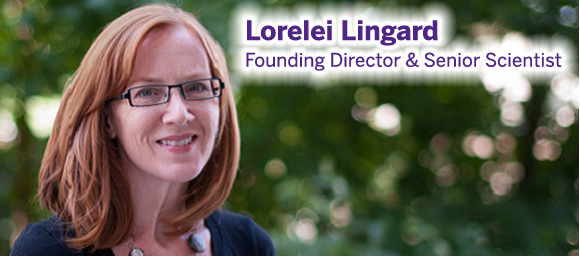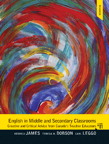Collective Competence: Thinking differently about competence to improve healthcare
TEDX BAYFIELD Collective Competence: Thinking differently about competence to improve healthcare
Dr. Lorelei Lingard is a leading researcher in the study of communication and collaboration on healthcare teams. She is a Professor in the Department of Medicine at the University of Western Ontario (UWO) and the inaugural Director of the Centre for Education Research & Innovation at the Schulich School of Medicine & Dentistry. Dr. Lingard obtained her Ph.D. in Rhetoric from the English Department at Simon Fraser University, specializing in rhetorical theory, genre theory, medical discourse, and qualitative methodology. As a rhetorician, she investigates ‘language as social action’: that is, how social groups use language to get things done, and how that language acts on them, their identities, their purposes, their situations, and their relationships. Her research program has investigated the nature of communication on inter-professional healthcare teams in a variety of clinical settings, including the operating room, the intensive care unit, the internal medicine ward, the adult rehabilitation unit, and the family health centre.



